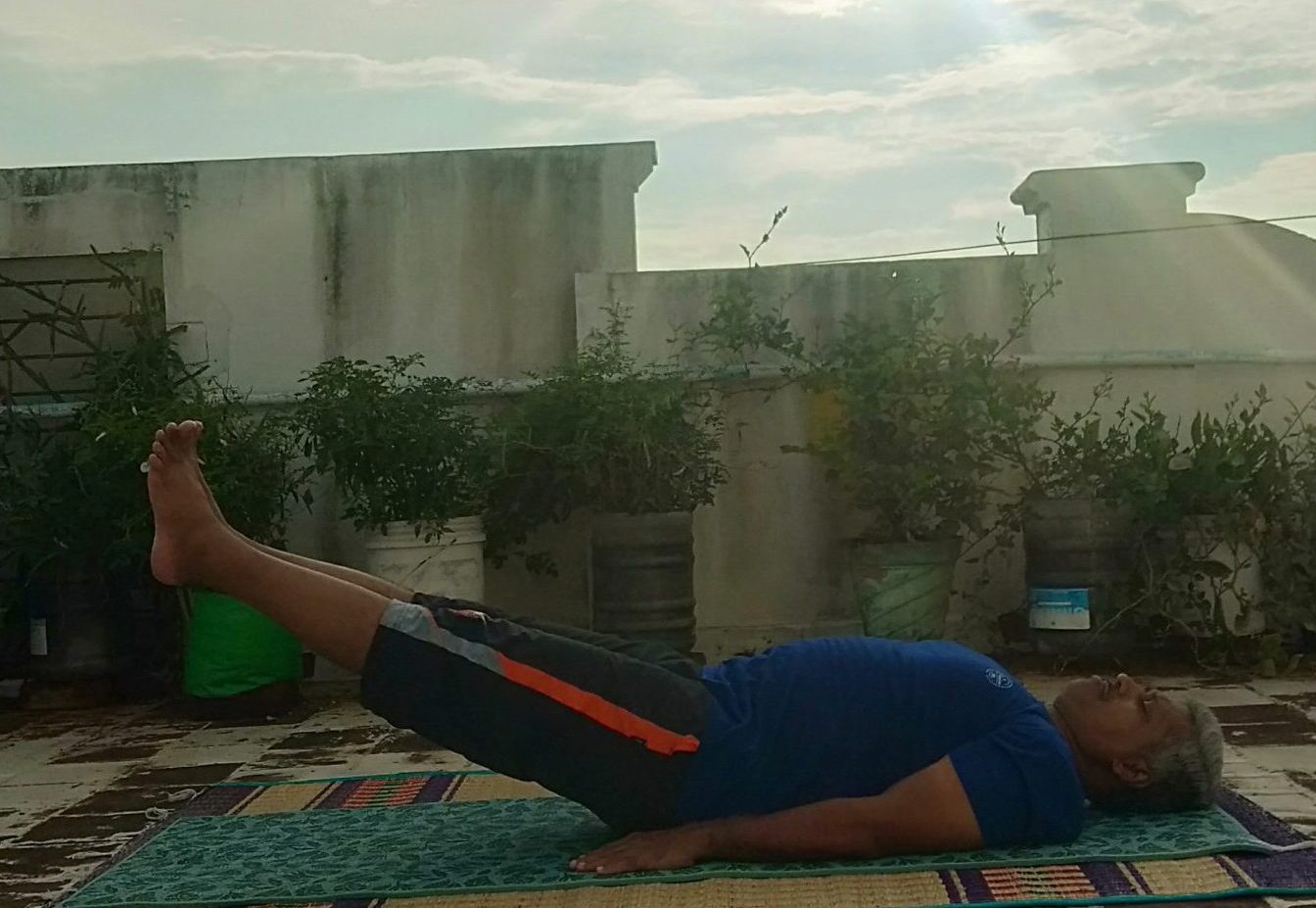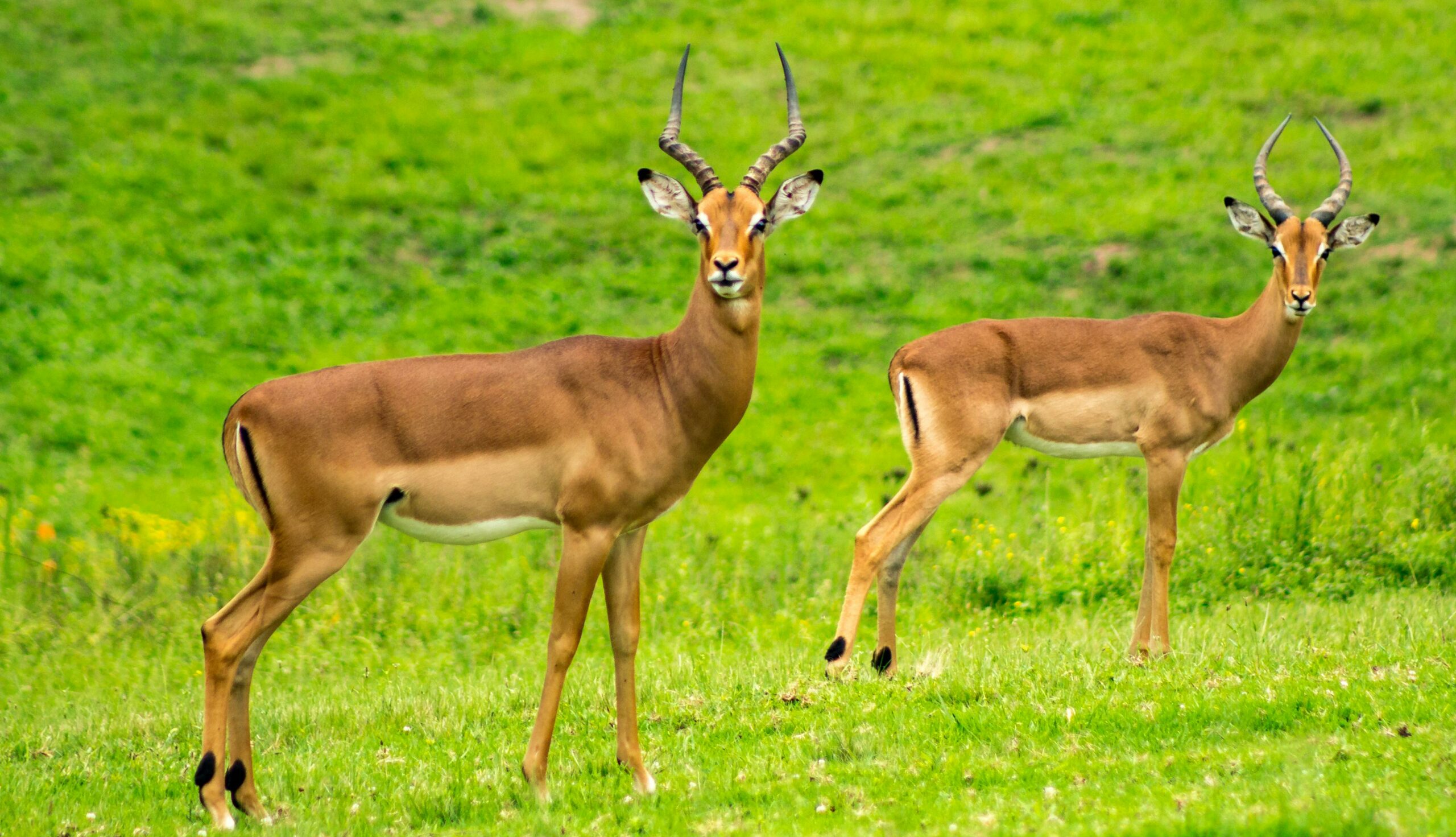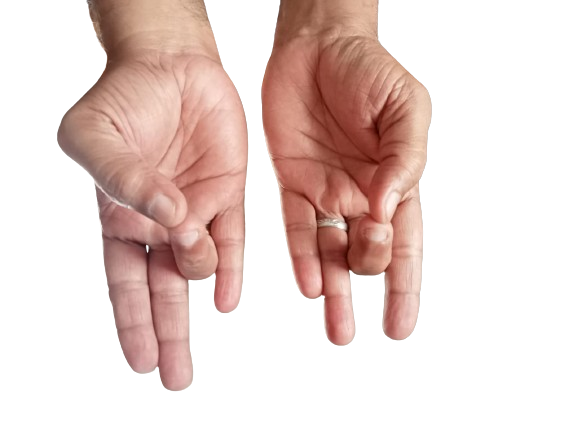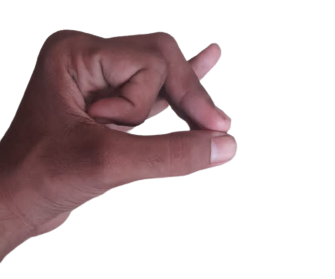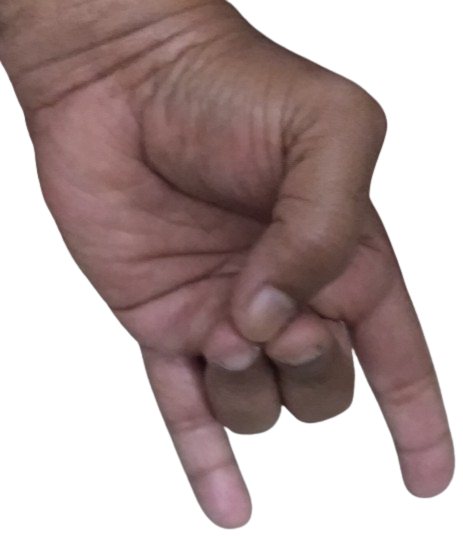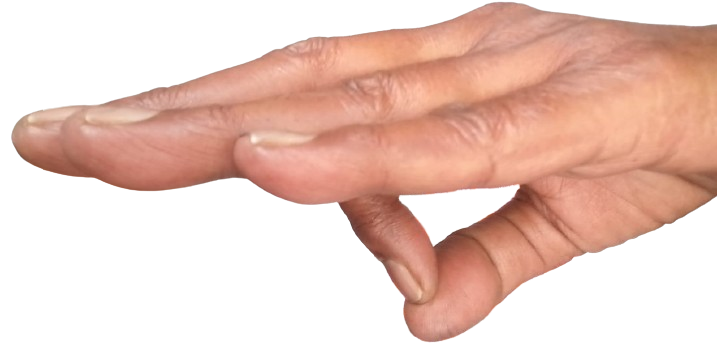Half Plough Pose is called Ardha Halasana in Sanskrit. 'Ardha' means 'half' and 'hala' means 'plough'. It is named thus due its similarity in appearance to half plough.
Half Plough Pose stimulates manipura chakra. Hence, the ability to attract universal energy improves; self-esteem develops and it also promotes self-confidence.
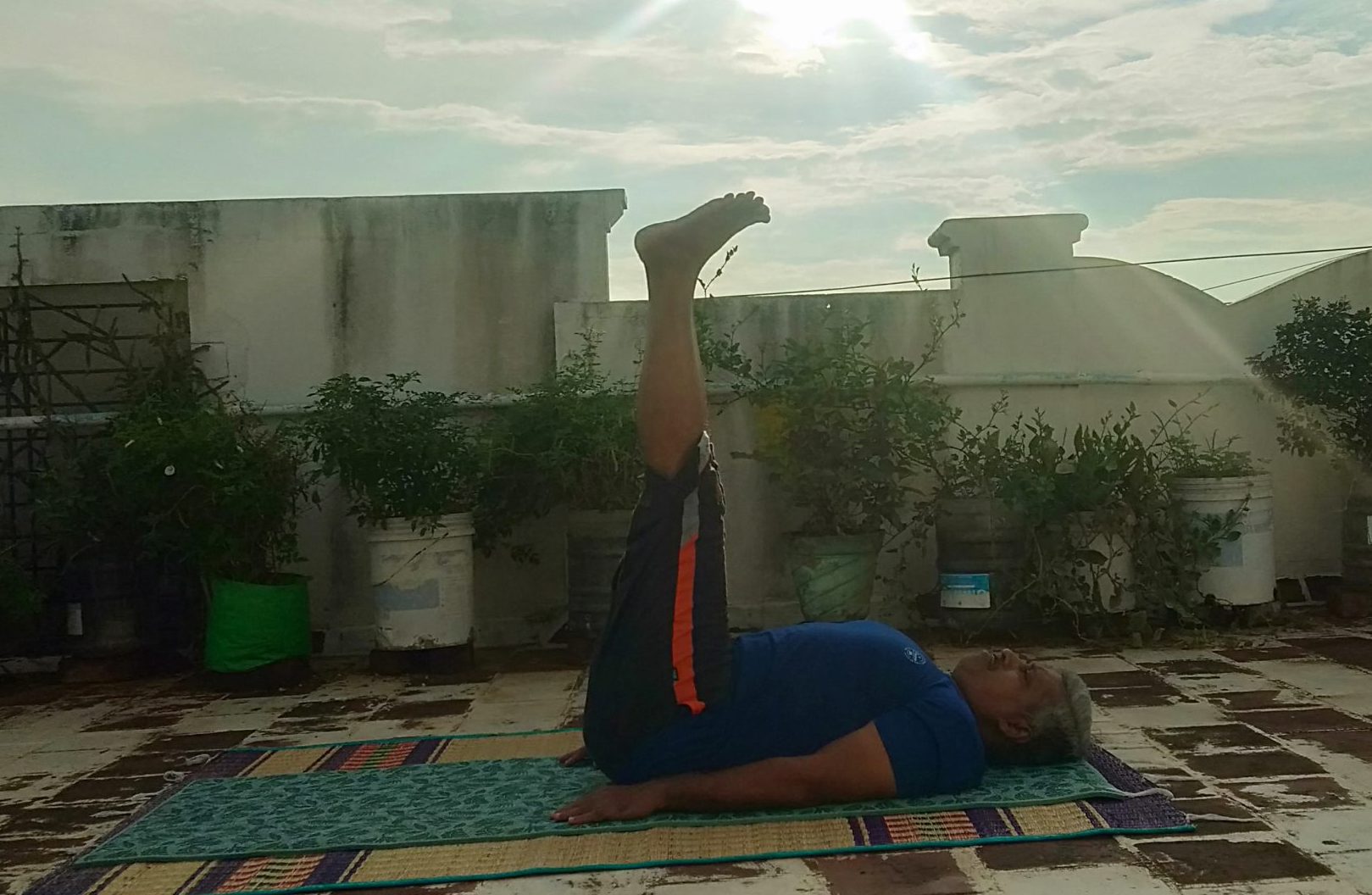
Other Benefits of Half Plough Pose
- The pose strengthens the spine.
- It strengthens abdominal organs.
- Abdominal muscles get strengthened.
- It is an effective yoga pose for constipation.
- The pose reduces belly fat.
- It improves hip flexibility.
- It boosts blood circulation.
- Regular practice of Half Plough Pose helps to relieve menstrual pain.
- It is an effective yoga pose for low back pain.
- The pose relieves varicose vein pain.
- It strengthens the thighs.
Instructions
- Lie down on your back. Keep your legs close to each other and hands by the sides of the body.
- Exhale as you raise your legs off the ground.
- Raise your legs straight till they are aligned to your hips at 90 degrees.
- Hold the pose for 20 seconds. Inhale as you lower your legs to the ground to release the pose.
Note
Legs can be lifted one at a time. You can also deepen the pose by maintaining 45 degree angle as shown below.
Those with severe back pain, high blood pressure and heart conditions should refrain from practicing the pose.
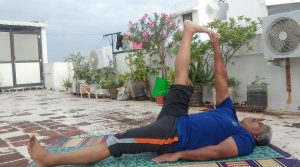
Yoga Pose for Day 85 - Reclining Hand-to-Big Toe Pose (Supta Padangustasana)
In our earlier posts, we had covered the benefits and how-to-do of Hand-to-Big Toe Pose and Extended Hand-to-Big Toe Pose. The pose for today is Reclining Hand-to-Big Toe Pose. The pose is called Supta Padangustasana in Sanskrit.
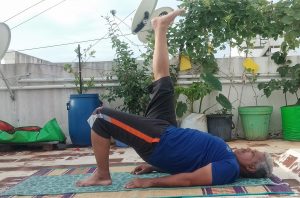
Yoga Pose for Day 83 - One-Legged Bridge Pose (Eka Pada Setubandhasana)
Yesterday's pose was about Bridge Pose. Today's pose is about One-Legged Bridge Pose. One of the effective yoga poses for thyroid conditions...
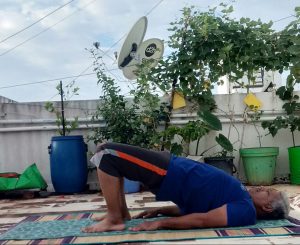
Yoga Pose for Day 82 - Bridge Pose (Setubandhasana)
One of the simplest supine yoga poses that offers amazing health benefits is Bridge Pose. 'Setu' in Sanskrit means 'bridge; and 'bandha' means 'bound'.


